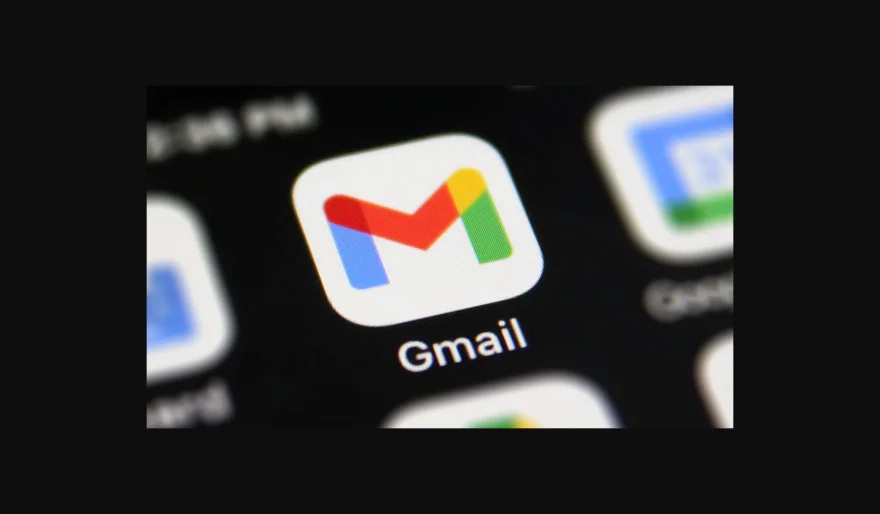Stay Ahead of the Curve
Latest AI news, expert analysis, bold opinions, and key trends — delivered to your inbox.
Google’s Gemini Will Now Auto-Summarize Your Emails — No Prompt Needed
3 min read Google’s Gemini AI will now automatically summarize long Gmail threads with summary cards at the top of emails. This update removes the need for user prompts, marking a shift toward default AI automation — but it also raises concerns about accuracy and user control. May 30, 2025 16:48
Google is further embedding AI into the fabric of everyday productivity. Starting this week, Gemini, its flagship AI assistant, will begin automatically summarizing long emails in Gmail — without any user action.
These new email summary cards will appear at the top of messages, surfacing key points from lengthy threads and updating in real time as replies come in. Previously, users had to manually request summaries via the Gemini side panel. Now, the AI will proactively generate them unless you opt out.
This shift signals a significant change in Google’s approach to user-AI interaction — moving from opt-in augmentation to default automation.
While this update could dramatically reduce inbox overload, it also raises questions about reliability and user control. Similar AI summarization features have shown inconsistencies. Apple’s push notification summaries, for instance, were recently paused after the BBC and others highlighted repeated inaccuracies. Even Google’s own AI Overviews in Search have come under fire for generating incorrect or misleading information.
Still, the move reflects Google’s continued push to make Gemini indispensable across its ecosystem. The company is betting that AI-native interfaces — ones that work silently in the background — will become the norm in how we process information.
For professionals dealing with high email volumes, this could be a valuable time-saver. But for those concerned about precision or context loss, there may be a growing need to review — or disable — these AI-generated digests.
Bottom line: Gemini is no longer a tool you summon — it’s a system that anticipates. Whether that’s helpful or intrusive depends on how well it understands what matters.



















 AI Agents
AI Agents